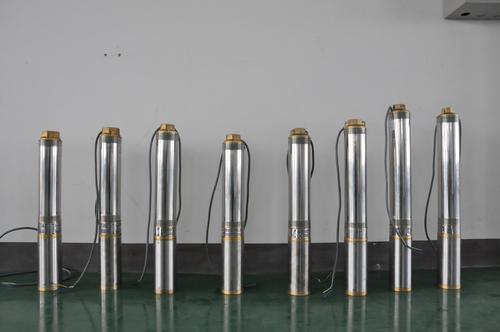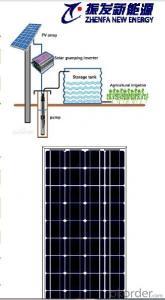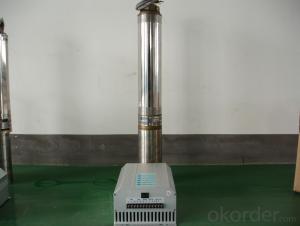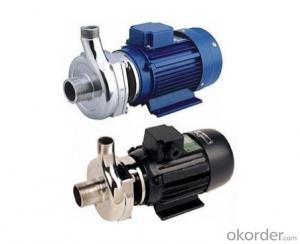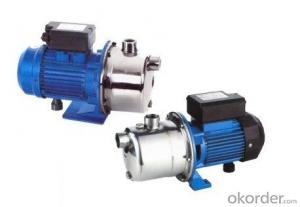Small Pond Solar Deepwell Water Pump
- Loading Port:
- Shanghai
- Payment Terms:
- TT OR LC
- Min Order Qty:
- -
- Supply Capability:
- 300 set/month
OKorder Service Pledge
Quality Product, Order Online Tracking, Timely Delivery
OKorder Financial Service
Credit Rating, Credit Services, Credit Purchasing
You Might Also Like
how is the rotor made:
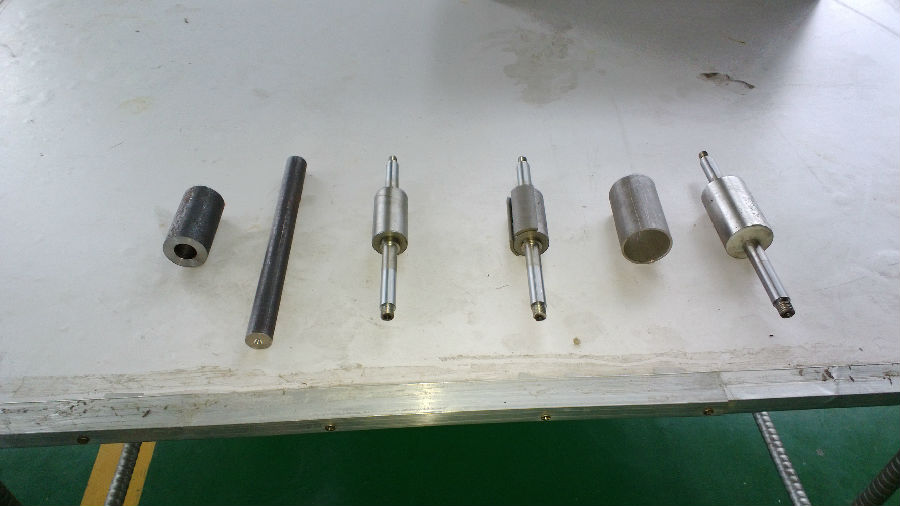
how is the motor made:
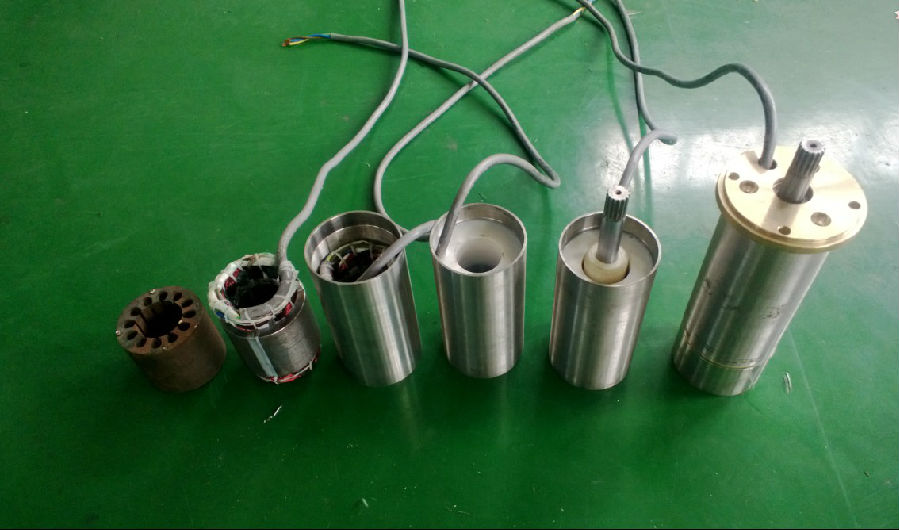
the pump :
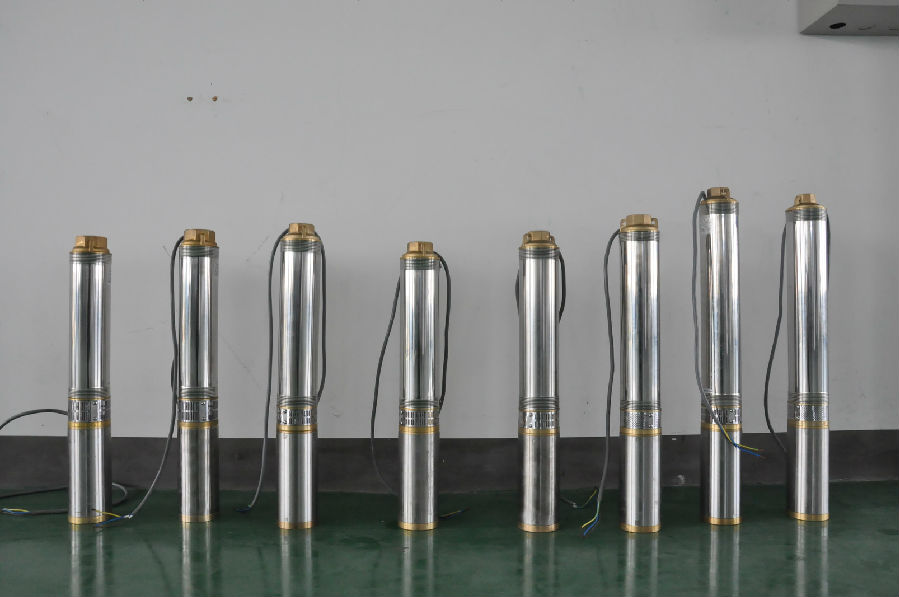
controller terminal connection:
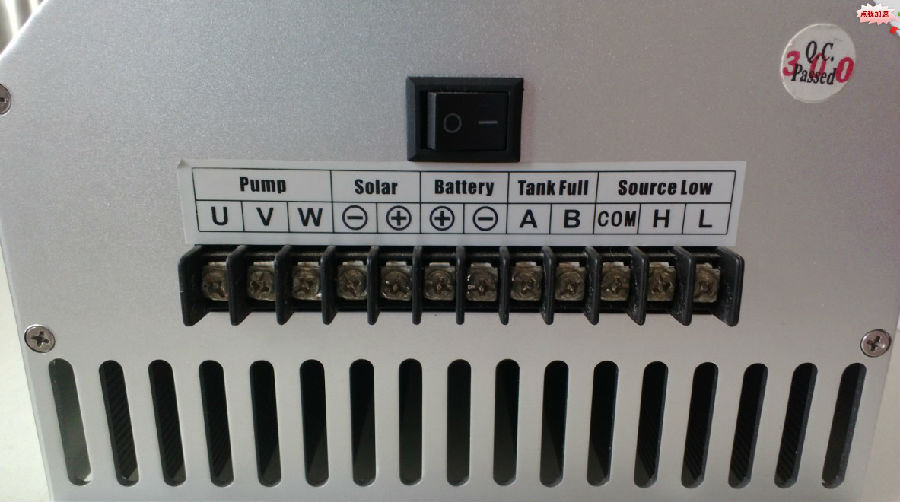
The permanent magnet:
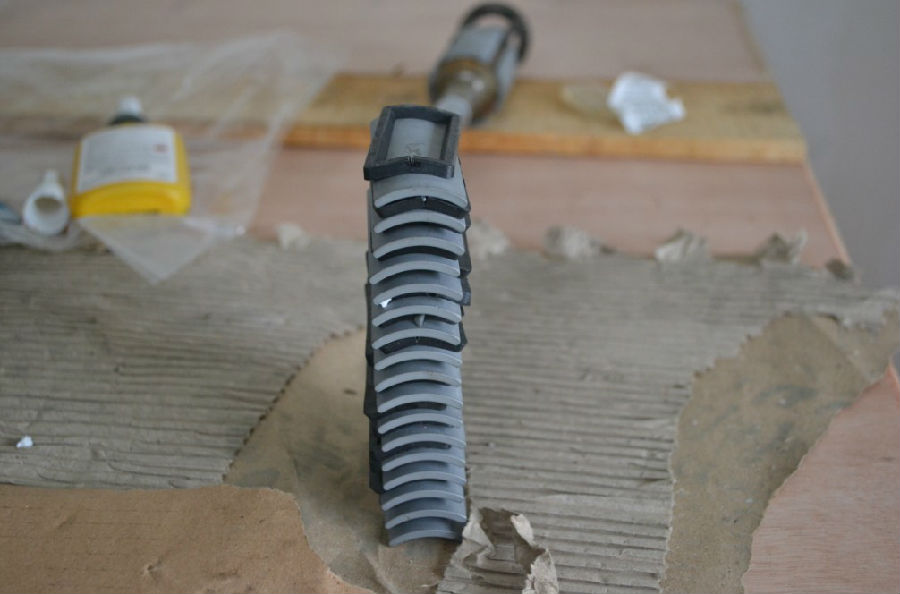
the impeller:
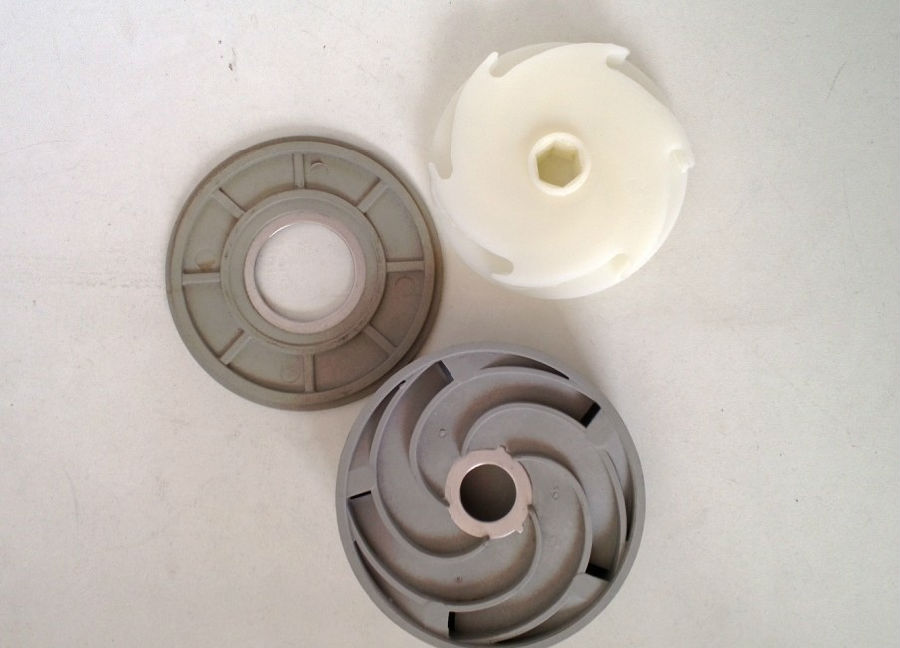
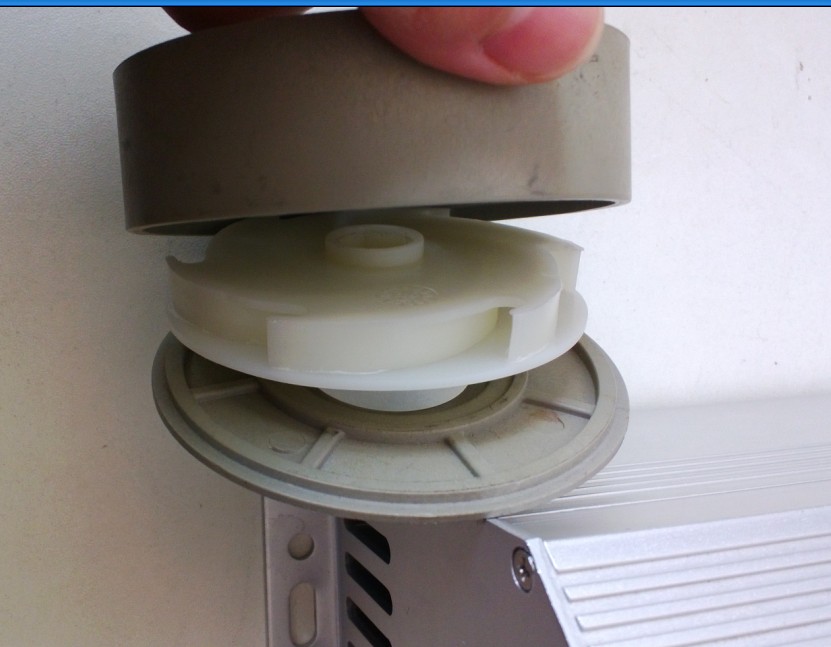
controller box:
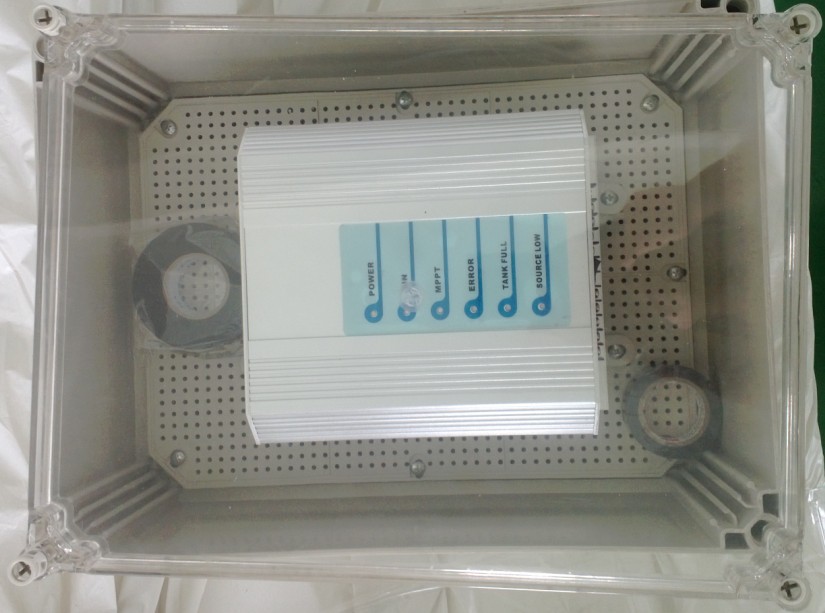
the senors:
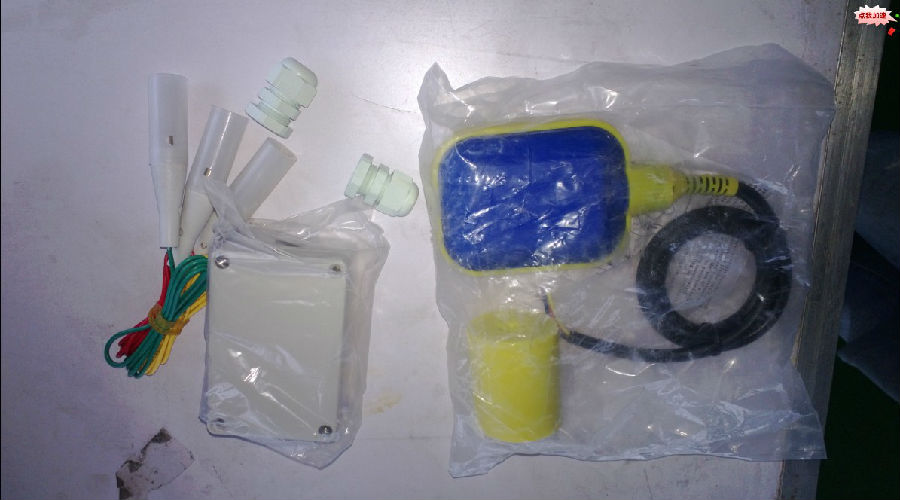
the test:
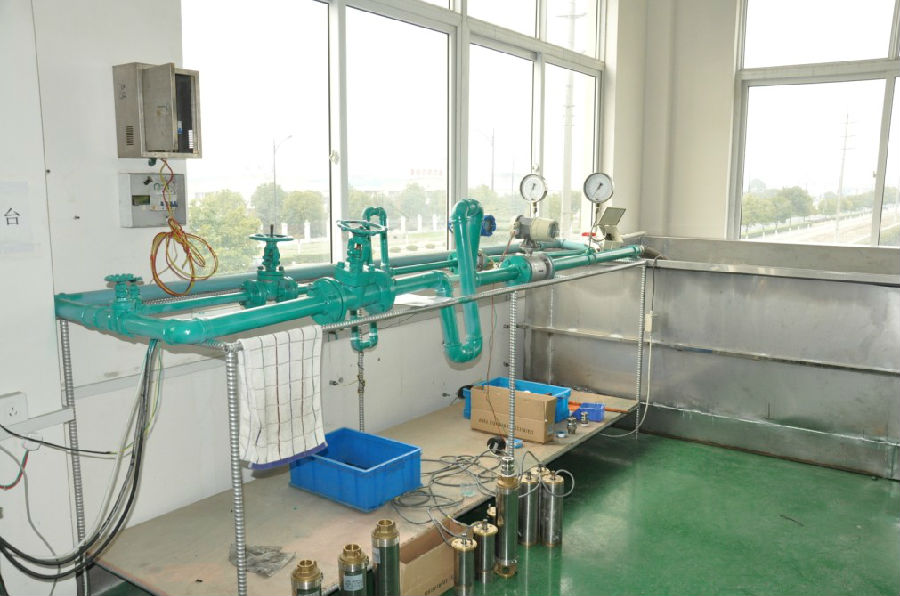
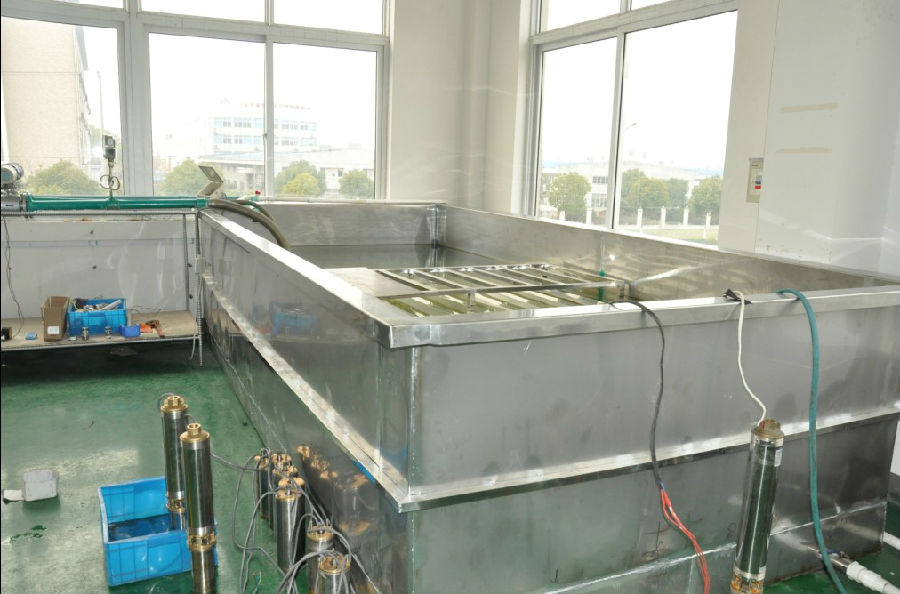
the application:
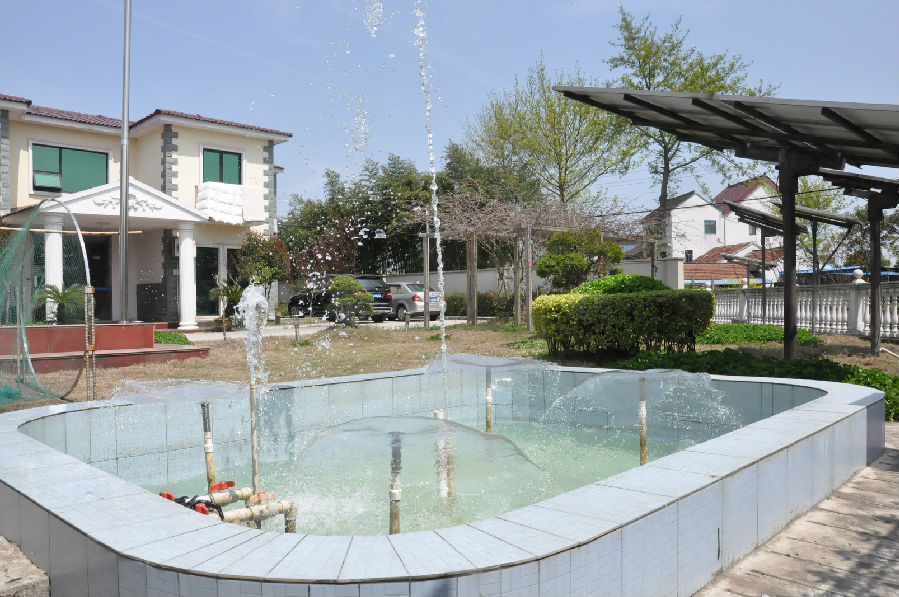
the package:
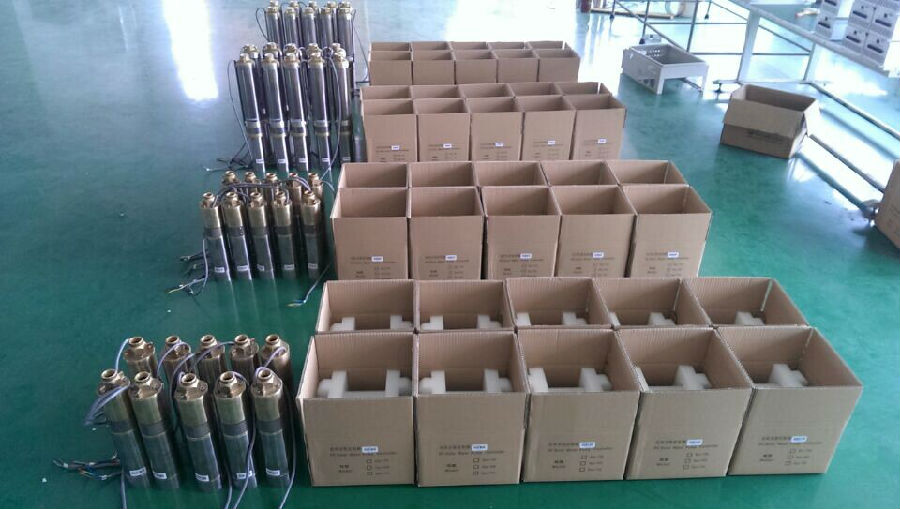
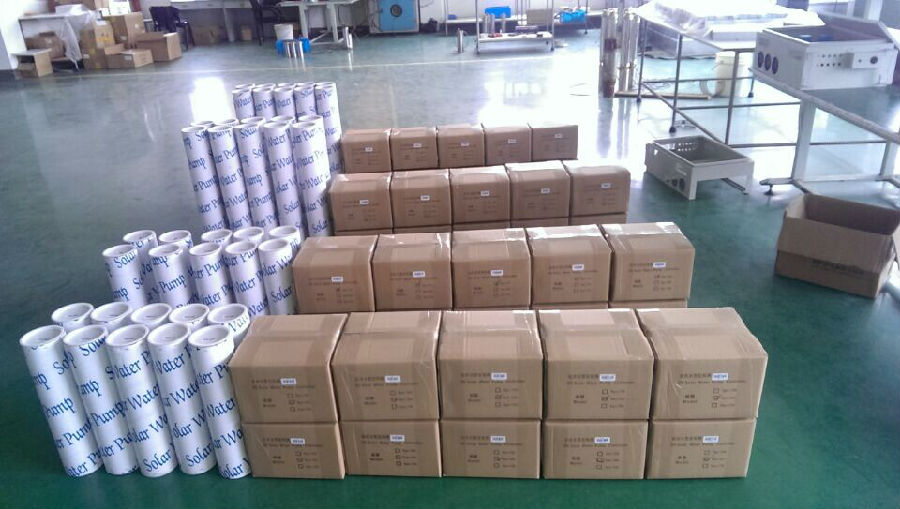
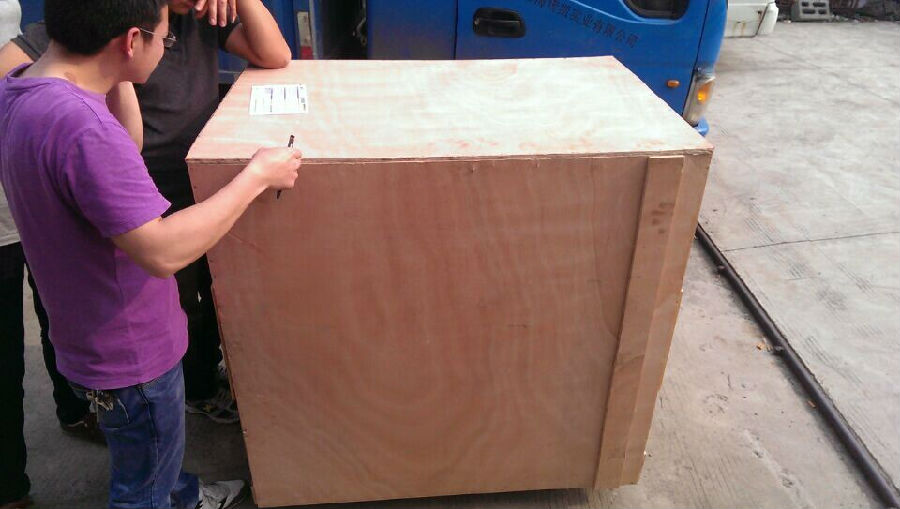
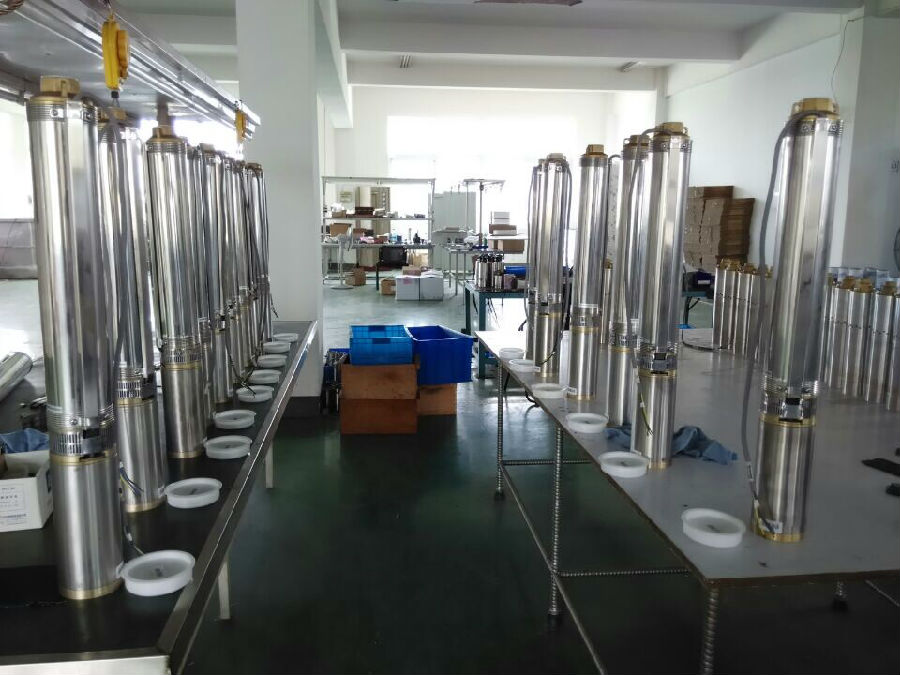
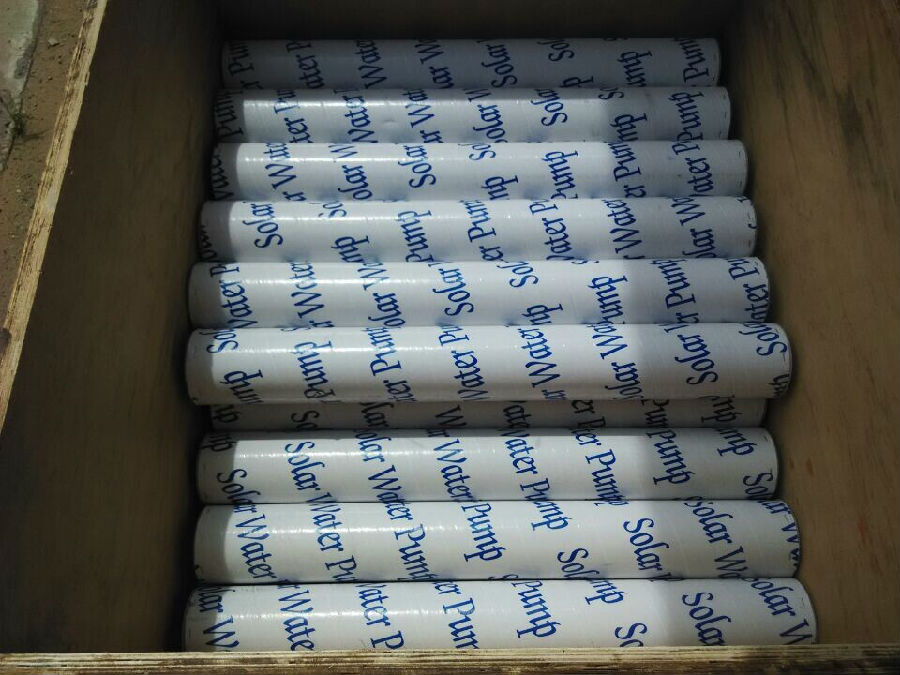
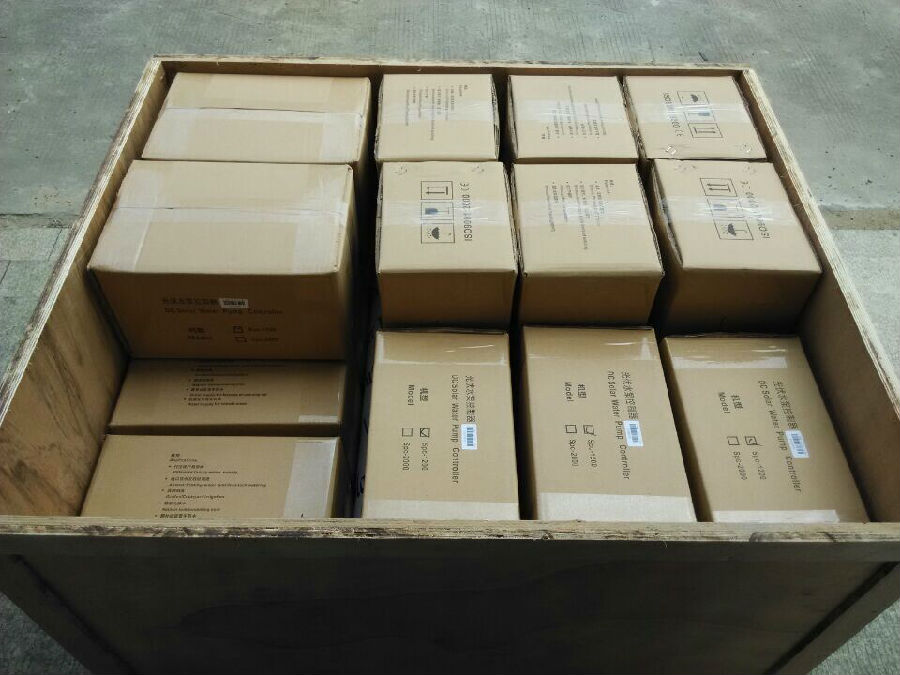
- Q: Can a solar pump be used in areas with limited access to water storage?
- Yes, a solar pump can be used in areas with limited access to water storage. Solar pumps are designed to operate independently of a grid or electricity supply, utilizing solar energy to pump water from a source such as a well or a water body. They can be used in remote areas where access to water storage may be limited, providing a reliable and sustainable solution for water supply.
- Q: Are there any special requirements for installing a solar pump on a rooftop?
- Installing a solar pump on a rooftop comes with specific requirements. Firstly, the rooftop must have an adequate area that receives ample sunlight throughout the day. This is crucial as the solar panels need sufficient exposure to sunlight to generate the necessary power for the pump. In addition, the rooftop should be structurally capable of supporting the weight of the solar panels and the pump system. It is advisable to consult a structural engineer to confirm the roof's ability to handle the load. Moreover, the rooftop should be free from any shading obstacles such as tall buildings, trees, or other structures that may cast shadows on the solar panels. Shading can greatly reduce the efficiency of the panels and lead to insufficient power generation. Regarding electrical requirements, the rooftop should have a suitable electrical connection for linking the solar panels to the pump system. An electrician may be needed to install the necessary wiring and ensure proper grounding for safety purposes. Lastly, it is vital to adhere to local regulations and obtain any necessary permits or approvals before proceeding with the installation. These requirements may vary depending on the location and jurisdiction, so it is important to verify with the relevant authorities or seek guidance from a professional solar installer to ensure compliance. In conclusion, installing a solar pump on a rooftop necessitates careful consideration of the rooftop's suitability, structural strength, shading obstacles, electrical connections, and compliance with local regulations. Seeking advice from professionals and experts in the field will help guarantee a successful and efficient installation.
- Q: How much maintenance is required for a solar pump?
- Solar pumps require minimal maintenance compared to traditional pumps. The main maintenance tasks include ensuring the panels are clean and free from debris, checking the connections for any loose wires, and periodically inspecting the pump for any signs of damage or wear. Overall, the maintenance requirements for a solar pump are minimal, making them a cost-effective and hassle-free option for water pumping.
- Q: Are there any specific maintenance tasks for the solar panels?
- Yes, there are specific maintenance tasks for solar panels. These include regular cleaning to remove dirt and debris, inspecting for any damage or defects, and ensuring the panels are properly connected and functioning. Additionally, monitoring the performance and output of the system is important to identify any issues and ensure optimal efficiency.
- Q: How does the efficiency of a solar pump compare to a traditional electric pump?
- The efficiency of a solar pump is generally higher compared to a traditional electric pump. Solar pumps are designed to convert solar energy into mechanical energy, eliminating the need for grid electricity. They utilize sunlight, which is a renewable and abundant energy source, to power the pump. Traditional electric pumps, on the other hand, rely on fossil fuel-generated electricity from the grid, which can be subject to price fluctuations and availability issues. Solar pumps have lower operational costs and a longer lifespan, making them more cost-effective in the long run. Additionally, solar pumps have a smaller carbon footprint, as they do not produce greenhouse gas emissions during operation. Overall, the efficiency of a solar pump surpasses that of a traditional electric pump in terms of energy consumption, environmental impact, and cost-effectiveness.
- Q: Can solar pumps be used for wastewater treatment or sewage systems?
- Yes, solar pumps can be used for wastewater treatment or sewage systems. Solar-powered pumps are an environmentally-friendly and cost-effective solution for pumping and treating wastewater or sewage. They can effectively move water between different treatment stages, helping to aerate, circulate, or transfer wastewater for various treatment processes. Additionally, solar pumps can operate in remote or off-grid areas, reducing the reliance on traditional energy sources and making wastewater treatment more accessible in such locations.
- Q: Can solar pumps be used for water supply in refugee settlements or camps?
- Yes, solar pumps can be used for water supply in refugee settlements or camps. Solar pumps are a sustainable and cost-effective solution that can provide a reliable source of water. They require minimal maintenance and operate using solar energy, making them suitable for remote locations with limited access to electricity. Additionally, solar pumps are environmentally friendly and can help reduce the dependency on traditional fuel sources, making them an ideal choice for water supply in refugee settlements or camps.
- Q: Can a solar pump be used for irrigation in saline soils?
- Yes, a solar pump can be used for irrigation in saline soils. Solar pumps are efficient and can be used to pump water from a source such as a well or a reservoir, regardless of the soil's salinity. However, it is important to consider the potential impact of saline water on the plants being irrigated and take appropriate measures to manage the salinity levels in the soil to ensure optimal crop growth and health.
- Q: How much water can a solar pump supply?
- The supply of water from a solar pump is influenced by various factors. These factors include the size and capacity of the pump, the intensity of sunlight, and the efficiency of the system. In general, solar pumps can provide anywhere from a few hundred liters to several thousand liters of water per day. However, it is important to consider that this estimate can vary significantly depending on the specific circumstances and conditions at the installation site. Furthermore, the depth of the water source, the distance the water needs to be lifted, and the required pressure can also affect the pump's ability to supply water. Therefore, it is recommended to seek guidance from a professional or consult the manufacturer's specifications for a more precise estimate of the water supply capacity of a particular solar pump model.
- Q: Are solar pumps energy-efficient?
- Yes, solar pumps are energy-efficient. They utilize solar energy to power their operation, which is a renewable and clean energy source. Unlike traditional pumps that rely on fossil fuels or electricity from the grid, solar pumps have lower operational costs and reduce dependence on non-renewable resources. Additionally, they have minimal maintenance requirements and can be utilized in remote areas where access to electricity may be limited.
Send your message to us
Small Pond Solar Deepwell Water Pump
- Loading Port:
- Shanghai
- Payment Terms:
- TT OR LC
- Min Order Qty:
- -
- Supply Capability:
- 300 set/month
OKorder Service Pledge
Quality Product, Order Online Tracking, Timely Delivery
OKorder Financial Service
Credit Rating, Credit Services, Credit Purchasing
Similar products
Hot products
Hot Searches
Related keywords

